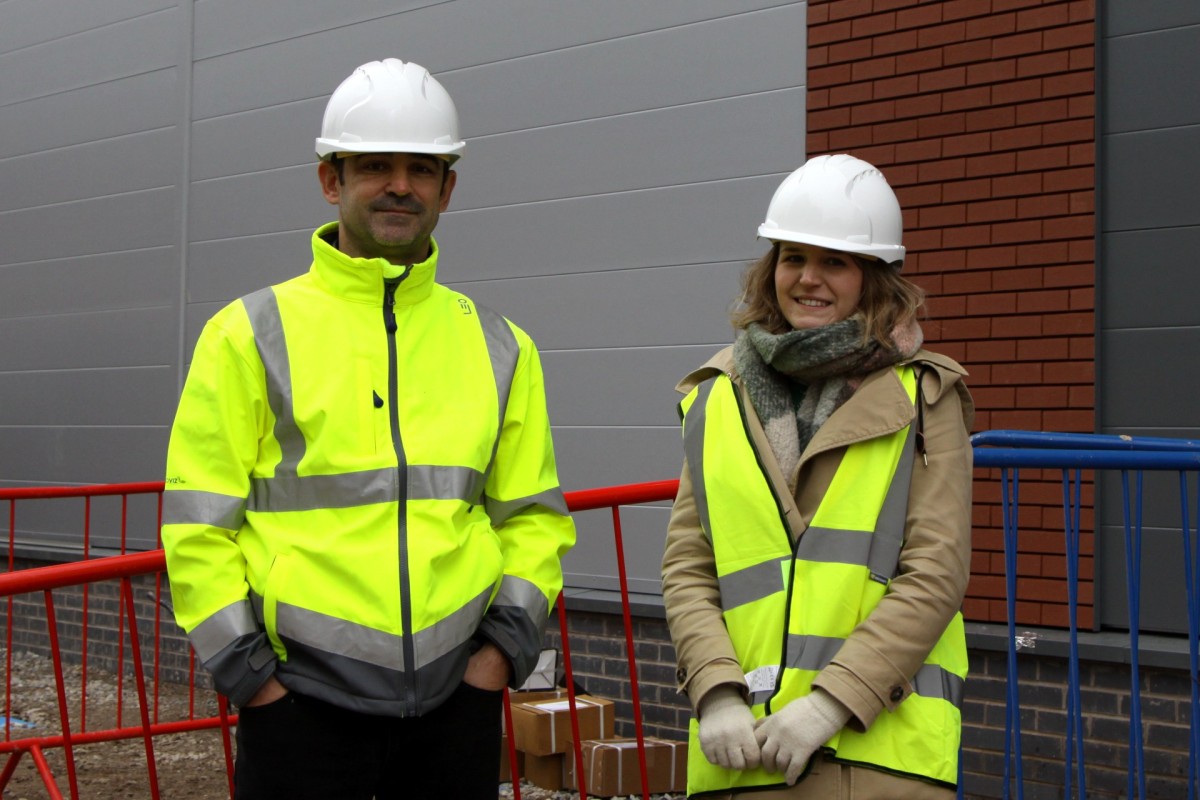Set to open its doors in Q2 2025, MCR2 represents the first tangible step in Wythenshawe’s £500m regeneration initiative with the aim to revitalise the area and boost local employment.
The visit showcased the significant progress made on this state-of-the-art data centre, which will serve as a critical asset in driving economic growth and innovation, whilst creating long-term opportunities across the region; an important UK tech hub.
MCR2 has been built to enterprise grade standards, providing 24,000 sq ft of technical space, and up to 1,200 racks distributed across multiple data halls. The carrier-neutral facility is built to a minimum Tier 3+ standard, and guarantees redundancy of 2N UPS at every rack position.
Megan Lawless, Senior Digital Strategy Officer at Manchester City Council, praised the collaborative efforts on the project, saying:
“Understanding Datum’s progress on the MCR2 data centre project has been exceptionally important and we’ve welcomed the team at Datum’s open and collaborative approach to informing and working with the City Council. This facility marks a significant milestone in the regeneration of Wythenshawe. Datum’s commitment to sustainability throughout the project has been exemplary, ensuring the development aligns seamlessly with Manchester’s ambitions to be a world leading digital city that prioritises a more sustainable approach to digital."
Sustainability is at the heart of MCR2’s design, both during its construction and throughout its operational lifespan. Powered entirely by renewable energy, and including solar PV roof panels and HVO biofuels for backup generators, the facility minimises its carbon footprint while delivering maximum reliability. A highly efficient chilled water-cooling system employs free cooling technology to reduce overall power consumption, water usage, and environmental impact. The data centre is also heat exchange-ready, paving the way for potential contributions of waste heat to local community heat networks.
The MCR2 project also prioritised eco-conscious construction methods. An older building was replaced with a modern, energy-efficient replacement, and materials were sourced locally wherever possible. Waste from demolition was carefully recycled, while biodiversity plans were incorporated to preserve and restore the local ecosystem.
Matt Edgley, COO of Datum, said:
“This is an exciting development for Manchester and part of the broader regeneration project taking place in Wythenshawe. Our goal with MCR2 is to set a new benchmark for both data centre capability and sustainability in the region so we’re delighted to be playing a role in fostering economic growth and bringing industry-leading facilities to the area.”




